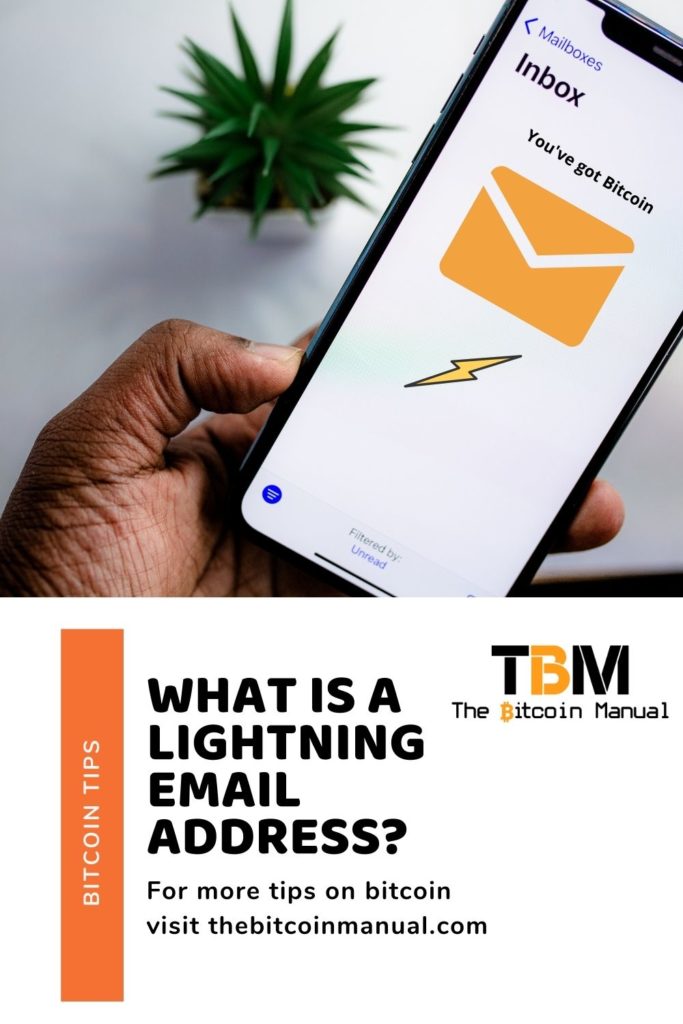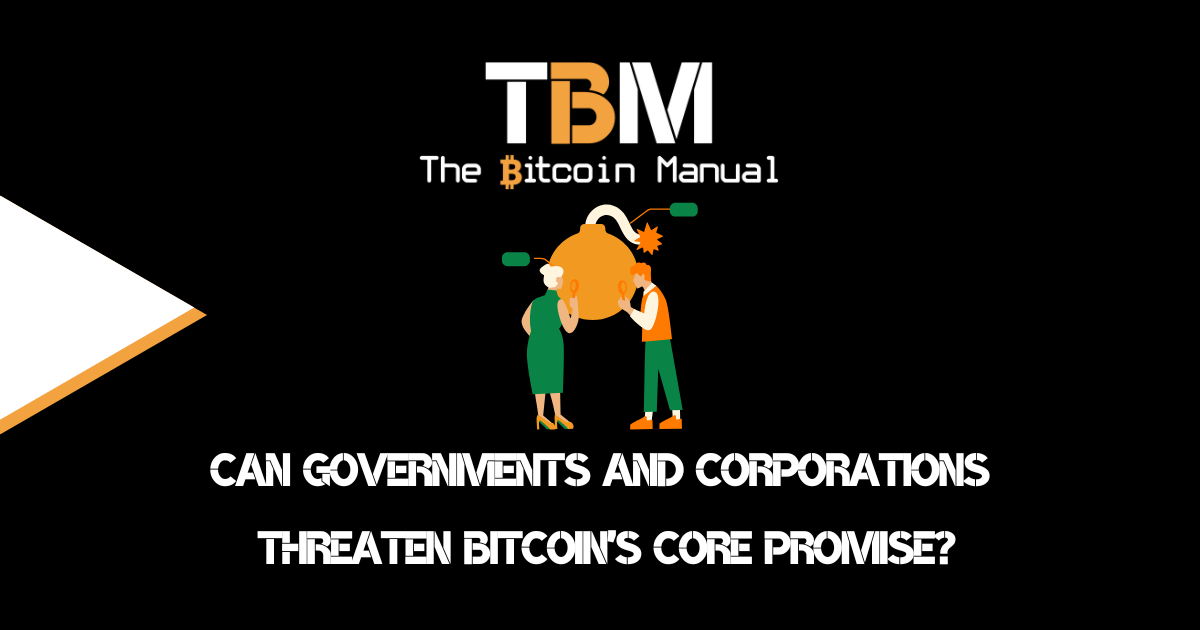Onboarding users into bitcoin is a simple task; you require a certain level of technical knowledge to navigate the network. Bitcoin users need to understand what the terms and jargon mean and how to use bitcoin privately and securely.
Sending bitcoin can be a nerve-wracking experience; I still triple and quadruple check every address I use or LN-URL before pressing send. Since there are no do-overs in bitcoin, it’s better to be slow than sorry and out a few satoshis.
Bitcoin has several address formats, such as the legacy address, Bech 32 address format, Lightning Invoice, LN-URL and now Lightning Addresses. Having more options is great for users since they can select the one they feel comfortable using, but with more options tends to come confusion, especially if educational experiences are not in place to support each feature.
The grandma standard
When it comes to UX, the goal for any tech is to hit the grandma; once the senior citizens can effectively use your product, it’s because you have already adoption across the other earlier generations.
It’s safe to say bitcoin is not yet as grandma friendly as the likes of Facebook but were getting there. Soon nan will be able to ping you 20 000 sat for your birthday with a sweet and thoughtful message over TOR, and she won’t be any the wiser.
One step to bring bitcoin payments to normie land is the Lightning Address. A new payment format for the Lightning Network that’s gotten a lot of attention over the past few months. Since it mimics the structure of an email, users have gravitated to it, and it has quickly gained adoption by many Lightning wallets.
Lightning addresses are a welcomed addition to the address stack and a pretty valuable tool for making Lightning payments. So let’s look at what it’s all about and some of its pain points.
What is a lightning address?
A Lightning Address is an internet identifier for a wallet, but it looks like an email address. The Lightning Address protocol can be used by everyone to send money like they do messages with emails.
Instead of sending text, you’re sending bitcoin instantly across the lightning network. While the experience may feel similar to email, in the backend, it abstracts the use of LN-URL away from the user.
Lightning addresses are a more straightforward way for anyone to send you Bitcoin instantly on the Lightning Network. Instead of having to use a QR code, creating a long string of text for an LN-URL or generating an invoice, the Lightning Adress can serve as a re-usable address to receive payments.
How do lightning addresses work?
The lightning address provides you with an easy to copy, paste and remember address while hiding the invoicing actions from the user.
Lightning Address -> LN-URL -> Bolt 11 Invoice
When you use a lightning address, the wallet converts the Lightning Address into an LNURL payRequest, and the successful payRequest is used to obtain a BOLT11 invoice.
Where can I get a lightning address?
The Lightning Address is another protocol that instructs the server to connect it to an LN-URL. That means you can set up a lightning address on your domain, as a bitcoin business or an enthusiast interested in running your own setup.
If you’re keen on this route you can find all the instructions on the Lightning Address GitHub.
Want a different domain for your lightning address?
If you don’t want to cause confusion with your primary domain and would like a domain only for payments, you can use one of the community-supported Lightning Address servers to connect your Lightning backend to a Lightning Address non-custodially!
- @payaddress.co
- @btcadresse.de
- @ln.fitti.io
- @bitmia.com
- @paymentlink.xyz
- @tinytip.me
- @sats.pm
- @lnpay.cz
- @getalby.com
- @lnaddress.me
- @lnaddress.net
- @lightning.by
- @lightning.re
Additional resources for using and supporting lightning addresses
Satdress
Federated Lightning Address server anyone can self-host to receive Lightning payments at you@yourdomain.com non-custodially.
BridgeAddr Bridge
The server that allows setting domain DNS configuration and receiving payments at you@yourdomain.com non-custodially.
Ligess
Personal Lightning Address server to self-host payments to you@yourdomain.com.
LnMe
Self-hosted Lightning Address server and personal payment page.
Getting a lightning address with ease
If you’re looking to get a lightning address without the hassle of setting it up on your domain, you can use the following wallets or services and set up a personal address under their domain, as you would with a Gmail or Proton Mail service.
You can either create a wallet or sign up for an account with one of the following:
| Service | Service Provider |
| Lightning Wallet | Bitcoin Beach Wallet |
| Lightning Wallet | Breez |
| Lightning Wallet | Blixit |
| Lightning Wallet | Blue Wallet |
| Exchange | CoinCorner |
| Lightning Wallet | Phoenix |
| Lightning Wallet | Simple Bitcoin Wallet (SBW) |
| Lightning Wallet | Spark Wallet |
| Social Media | Stacker News |
| Lightning Wallet | Wallet of Satoshi |
| Payment Routing | BTC Pay |
| Payment Routing | Coinos |
| Tipping Wallet | Alby |
| Tipping Wallet | Coinkit |
| Tipping Wallet | @lntxbot |
| Tipping Wallet | @LightningTipBot |
| Tipping Wallet | Zebedee |
Convience or confusion?
The fact that Lightning Address looks like an email address is pretty handy; I mean, who doesn’t know what an email address looks like or what to do with one?
Sure, people know how to send emails or use an email address as a method of identifying accounts, but sending bitcoin is probably not something that comes to mind for everyone.
Sharing your lightning address may be convenient, but you cannot assume everyone knows what to do with it.
A developer or bitcoiner may know that string@domain.com can mean
- A login to a *nix system
- An FTP login
- An SSH login
- An email address
- Lightning address

But to the average user, it probably means precisely one thing:
- an email address
The email address format, while useful, does have its shortcomings; users may still be confused about the functionality behind the lightning address; some may think you can email it, while others may consider a standard email address as one that can be used to receive bitcoin.
User Interfaces will need to guide people or offer certain options, for example:
- Wallets need to clearly state if an address is a lightning address or not.
- Email servers need to be configured with an automated message should they email a lightning address.
- Alternatively, servers need to be set up in a way that the address can send and receive emails as well as lightning payments, which I think should be the standard as we advance.
- Another option would be to have an email forwarding service on the lightning address to send messages to your primary email if a message is sent to your lightning address.
One address to rule them all
The idea of paying with an email address is not uncommon; if you’ve used a fintech app before, like PayPal or Venmo, you’ll and even some banks, you’ll be pretty familiar with the process. Having a lightning address does not have that same streamlined user experience yet.
Hopefully, with some service providers working to improve their LN address experience and more people adopting the service and educational pushes around it, it will become second nature to have an email address that is bitcoin-friendly.
Want to learn more about lightning addresses?
If you want to learn more about lightning addresses, want to set up lightning addresses for your domain or want to incorporate the feature into your applications, you can find out more at the following resources.
Ready to try lightning addresses?
Now that you know how it all works, why not give it a try? Open up your lightning wallet and allow us to be your first lightning address transfer. Tip us a few satoshis and leave us a message along with it to one of the following lightning-enabled email addresses.
- ⚡️TheBTCManual@coincorner.io
- ⚡️thebtcmanual@getalby.com
If you already have a lightning email address, how have you been using it? Do you prefer this method? Let us know in the comments down below.




